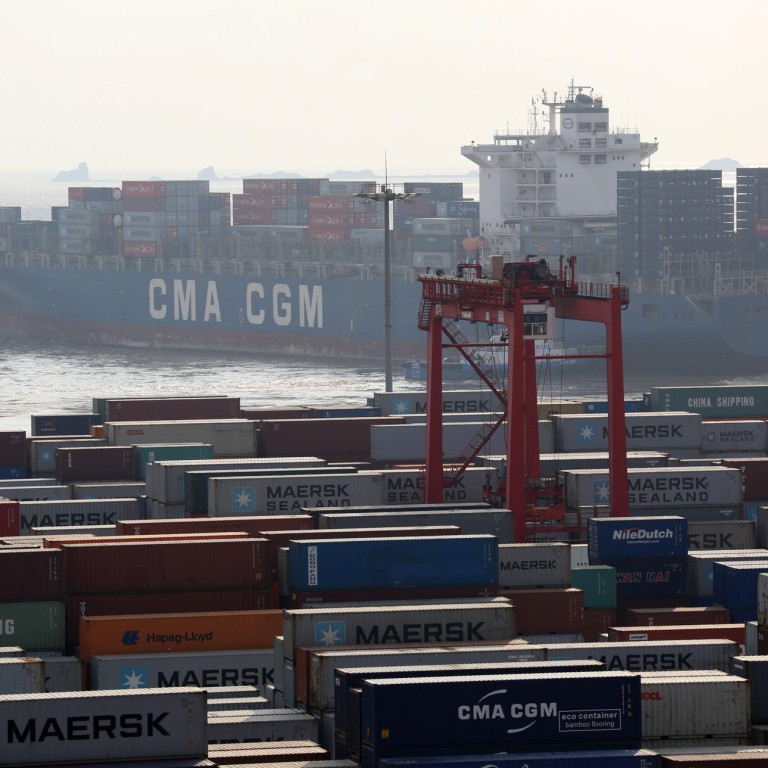
Rising Chinese outbound investment may bring benefits and problems
Chinese outbound investment has been growing steadily but may soar this year, bringing considerable benefits and also serious problems
Chinese investment around the world has drawn a great deal of attention and seems like it’s growing very quickly.
In fact, growth has been steady and not at all dramatic.

Official data may show faster growth for last year, but it will be still be nothing like the explosive gains in the middle of last decade.
It used to be that China had the money but not the companies that knew to invest. No longer.
Headlines aside, we haven’t seen stunning growth. But the conditions are present for it.
What if it did happen? The obvious result is mutual benefit.
Almost all, if not all, Chinese outbound investment is voluntary on both sides and only happens if both sides think they will gain.
Watch: Chinese foreign investment: Will China own America?
Chinese outbound investment as a global phenomenon arguably began with a private-sector acquisition – Lenovo’s US$1.7 billion purchase of IBM’s personal computer division.
But large private-sector deals remained very rare and, through 2010, the state share of outbound investment was close to 100 per cent by value.
There were private investments, but they were dwarfed by spending in oil, finance, and iron ore by state firms.
In 2011, Sichuan Hanlong broke the ice, becoming an aggressive private investor. Hanlong has since run into difficulty, but it was succeeded as a major private player by Dalian Wanda.
Last year, Wanda was joined by Fosun, as well as a number of private buyers snatching up foreign property. And the main event last year was Shuanghui International’s record-breaking private purchase of Smithfield Foods in the US.
The state share of investment by value still exceeds 90 per cent, but the private role has grown noticeably in each of the last three years.
Chinese investment thus benefits most Chinese buyers and most foreign sellers of gas fields, bauxite, medical technology, commercial buildings and farmland, among other things. If the total shoots past US$100 billion and heads quickly towards US$200 billion annually, that’s a lot of benefit.
More investment means more political problems, which could … sour relationships
The surprising part might be the risks which would come along for the ride.
“China is taking over everything” may be a silly reaction with spending at US$85 billion, but it will seem a lot less so at US$185 billion.
More Chinese investment means more political problems, problems that could potentially sour important relationships.
Another unavoidable irritant is fraud.
Fraud can be pretty controversial, but the final risk in an investment surge is even more so.
China is not a rich country and will not be one for some time to come. A lot of money leaving for foreign economies in the next few years would strongly suggest something is wrong on the home front.
Private Chinese investment might be especially welcome overseas, but too much of it heading in that direction indicates entrepreneurs do not like their options at home.
The happy story is that outbound investment maintains its gradual rise, with most money staying put because domestic opportunities are so inviting.
Outbound investment has the potential to soar this year, next year or the year after, but we probably shouldn’t hope for that.
Derek Scissors is a resident scholar at the Washington-based American Enterprise Institute, where he focuses on Asian economic issues and trends

